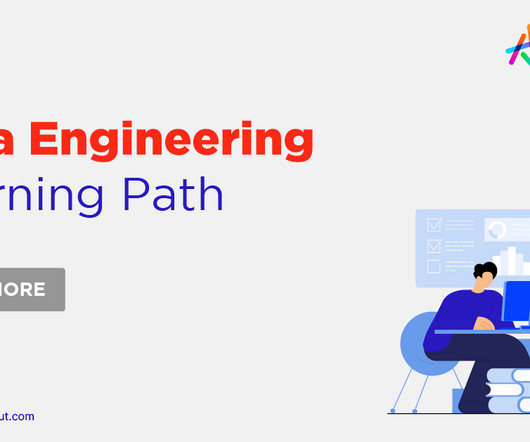Data Engineering Learning Path: A Complete Roadmap
Knowledge Hut
JUNE 23, 2023
The average salary in the US is $131,610, and the range is from $85,604 to $202,340, according to Indeed (May 2023). Coding helps you link your database and work with all programming languages. You should be well-versed in Python and R, which are beneficial in various data-related operations.












Let's personalize your content